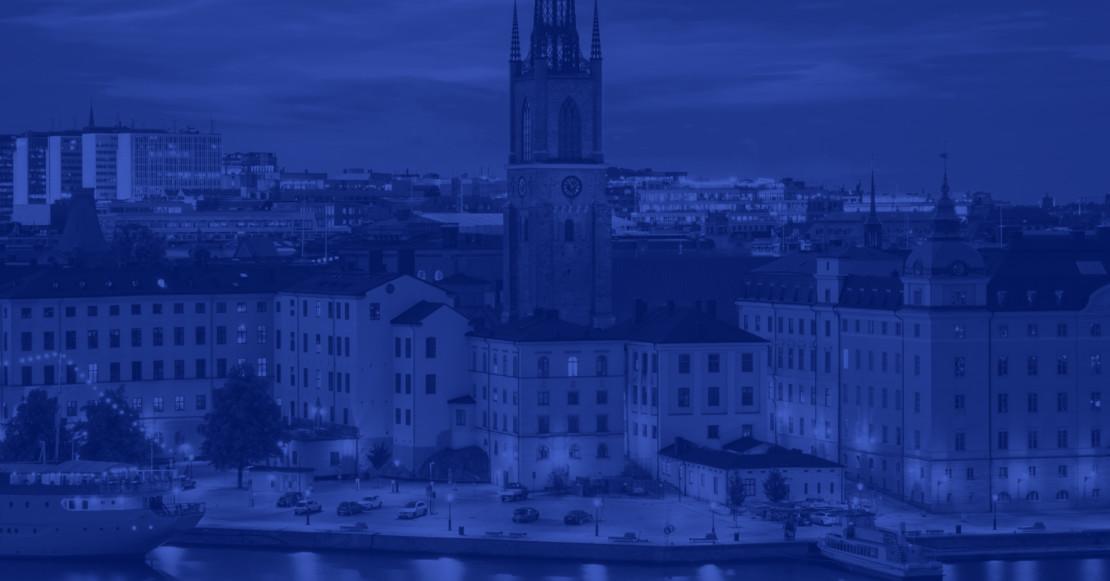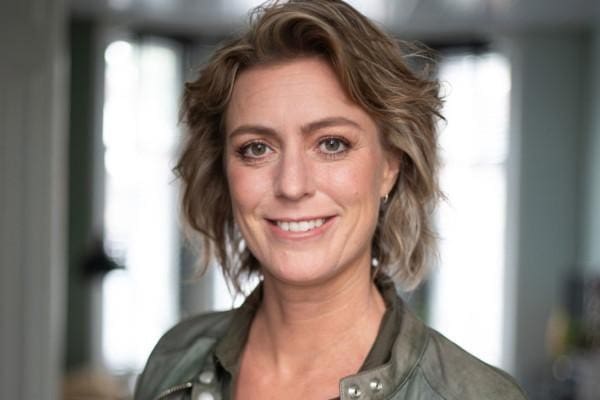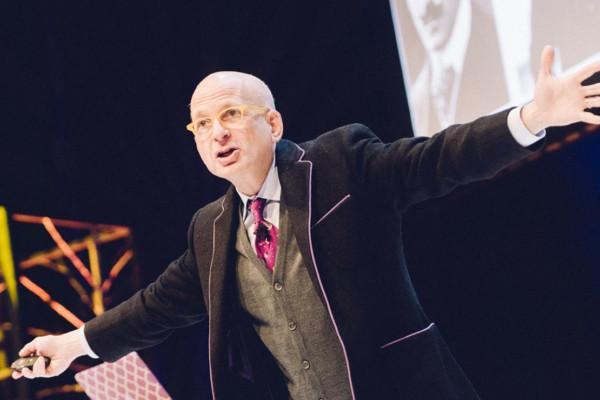18Mar2022
Yesterday, on the 17th of March, we hosted the second 2022 Speaker Contest Semifinal. Aina Thunem, Fiona English, Duncan Wardle, Friederike Fabritius, Jef Staes, and Nicholas Fernholm provided their ideas on the topics of future of work, organizational culture, and sustainability. Each semifinalist raised insightful points during their keynotes, and here, you can find the key idea of each presentation.
Aina Thunem – Impact – Your Superpower for Change
In her presentation, Aina dealt with the topic of our ability to impact other people. Leadership, she said, has a social responsibility and opportunity to impact the world. According to her, an effective leader should use their position to “draw the very best out of the people you lead”.
“Humans forget how impactful they are,” she said. We can all have a positive impact on the people around us, she explained, and shared several examples of everyday people that did just that.
Aina also shared an acronym to implement to have a positive impact: ICU. “I” stands for intention, asking “what can I do for you?”. “C” stands for the courage that it takes to put forward innovative ideas. The final letter “U” stands for uplifting, making sure people feel better about themselves after they meet you.
An important factor of intention is always focusing on being kind. “People need to feel seen,” she stated.
Fiona English – The 3 Things That Matter in Purpose and Leadership
Purpose and Leadership have become buzz-words in the business world, according to Fiona. However, many conversations on this topic lack meaning. To help define purpose and leadership for ourselves in a meaningful way, Fiona proposed asking three important questions.
The first is: “who do you want to be in the world?”. In order to answer this question, she said, you have to look inside yourself, not outside, and focus on who you are, not what you do.
The second question is “what are you willing to risk?”. This implies the emotional risks you will take, not the financial ones, and “getting over our internal barriers” to show people even the parts of ourselves that we would rather hide.
The last question is “who will you inspire?”. Being inspiring is “bigger than your business”, explained Fiona. It impacts all aspects of your life, and requires “all of yourself to live and lead with inspiration.”
Duncan Wardle – Embedding a Culture of Innovation into everyone’s DNA
Duncan opened by stating that “We are all born creative. We forget that when we are told to color inside the lines”.
He further explained that normally people aren’t creative at work. Instead, our best ideas come at other times. To promote creativity in the workplace, he outlined several practices.
The first idea is to make a list of rules. We should then choose one rule and ask the question “what if” to change that fundamental rule and follow a new line of thought.
Another strategy is to use a “naïve expert” who doesn’t work in the industry to help you “ask silly questions you are too embarrassed to”. “Diversity is innovation,” he said. The final practice is to ask the question “how else” to find new ways of doing things.
Duncan ended the presentation by stating that the most employable skills for the next decade will be: creativity, intuition, curiosity, and imagination.
Friederike Fabritius – The Brain-Friendly Workplace: Why Talented People Quit and How to Get Them to Stay
To answer the question of why talented people quit and how we can get them to stay, Friederike explained the concept of neuro signature diversity, that is, the unique cocktail of neurochemicals and hormones that shape your personality.
According to Friederike, people require different conditions to achieve their peak performance. While sensation seekers love stress, challenge, and competition, the deep thinkers require less stress to reach their peak performance. Some examples of people in the first group include venture investors and entrepreneurs, while authors and scientists would fall in the second.
Friederike disclosed her analysis of data from 30,000 executives showing that most people at the top of organizations are sensation seekers. “They create a work environment that thrives on gallons of coffee and no sleep. And while they enjoy it and can handle it, the other people are quitting.”
So, how can the mass resignation be reversed? The answer is to create a workplace culture that welcomes all kinds of personalities, where deep thinkers can focus and sensation seekers can go wild and explore. “Don’t change the people, change the workplace.”
Jef Staes – The Power Defect
Based on his experience as a training manager for over 40 years, Jef explained why many organizations fail to create a learning culture and how to overcome the “power defect”.
He referred to the two meanings of the word competent: to be able and to be authorized. “You are competent if you are capable and allowed to do it.”
Today many organizations have many talented people who are not allowed to do things. According to Jef, the reason is that the number of those who are not capable but have authority is increasing. “We don’t have a natural handover of authority to the people who have the right passion and capability”, he cautioned. If organizations want to change, they have to put the collective in front of the individual. “Executives should have the courage to say, times are changing and handover to people with talent.”
Nicholas Fernholm – How Can We Manage the Unpredictable Future of Work?
Nicholas’ presentation touched on complexity and how to solve problems in an increasingly unpredictable world. Citing Ashby’s Law of Requisite Variety, he explained that for a system to be able to survive in a fast-changing environment it has to change at the same pace as the environment. “It means that if you and I were thrown into the wilderness where the temperature rises and drops down rapidly, we need to act at the same pace as the environment is changing.”
So, how do you move forward in a world that is more technologically interconnected with global reaching problems like inflation, pandemics, supply chain, and political crisis? Find and allow unpredictable solutions. Instead of trying to take control and to make things safe and predictable, Nicholas advised organizations to allow freedom to try crazy ideas and to change. Those that can let go of control when the problems they face are complex and uncertain will radically innovate. “And will find unpredictable solutions in an unpredictable future of work”.
Wondering Who Won?
At each semifinal, our jury and audience will vote for their favorite speaker. The person with the most votes will move on to the final held in Helsinki on the 31st of May. This time, Duncan Wardle got the most votes, and will therefore move to the final! Congratulations to Duncan for winning and a warm thank you to each semifinalist for delivering excellent speeches! If you want to watch the recordings of the speeches, you can do so on the contest website.
About the Speaker Contest
The 2022 Speaker Contest is Business Forum Group’s initiative to find individuals with original ideas and give them a platform to speak. This year, the winner is offered a spot on stage at Nordic Business Forum 2022, Oslo Business Forum 2022, and Amsterdam Business Forum 2022 with a 70,000 € fee for the speaking engagements.
Interested to watch the rest of the semifinals? Join the audience on the contest website and help us choose a new speaker for our September events.


